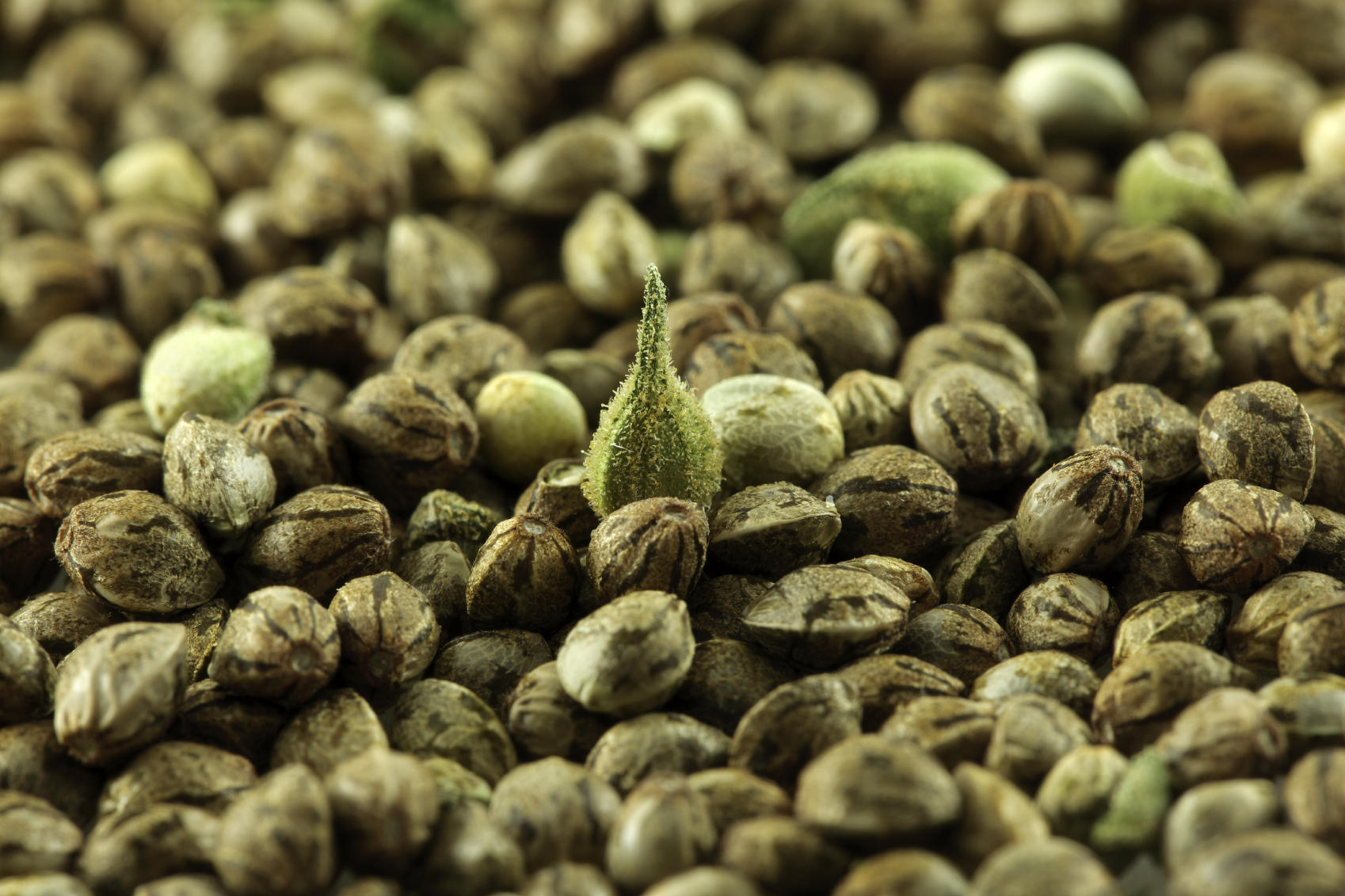Cannabis fostering has been a topic involving much interest plus legal evolution throughout Canada, particularly in British Columbia (BC), a province acknowledged for its intensifying stance on marijuana. Since the legalization of recreational cannabis in 2018, BC has seen a surge in interest in connection with cultivation of hashish seeds. Understanding the legal framework regulating cannabis seed nurturing is crucial for farmers, both novice and experienced. This article delves into the legal aspects of hashish seed cultivation in British Columbia, masking regulations, licensing, individual cultivation, and typically the implications of noncompliance.
Historical Context and even Legalization
The legalization of cannabis within Canada was a new significant milestone proclaimed from the Cannabis Take action, which came into effect on March 17, 2018. This federal legislation aimed to regulate the manufacturing, distribution, sale, plus possession of cannabis throughout Canada. British Columbia, known for the favorable growing problems and historical involvement in cannabis culture, was well-prepared in order to embrace this switch.

Federal and Territorial Regulations
Cannabis farming in BC is usually regulated by equally federal and territorial laws. The Hashish Act provides the particular overarching legal framework, as the Cannabis Handle and Licensing Work (CCLA) and the particular Cannabis Distribution Work (CDA) address particular provincial concerns.
Federal Regulations:
Cultivation Permit: To cultivate cannabis commercially, individuals or entities must get a cultivation certificate from Health Canada. There are diverse types of entitlements, including micro-cultivation, standard cultivation, and setting licenses, each together with specific requirements and even limitations.
Seed Regulations: Under the Hashish Act, the selling and purchase regarding cannabis seeds are legal, but they will must come coming from a licensed developer. Seeds bought by unlicensed sources will be illegal.
Provincial Restrictions:
Personal Cultivation: Inside British Columbia, adults aged 19 and more than can legally cultivate up to several cannabis plants each household for personal use. However, these plants must get grown from legally purchased seeds.
Zoning Laws: Local governments in BC possess the authority to be able to impose additional limitations on cannabis farming, including zoning laws that may limit where cannabis could be grown.
Certification and Complying
Getting a cultivation permit from Health Nova scotia involves a thorough application process, which includes security clearances, an in depth site survey, and compliance with Fine Production Practices (GPP). Applicants must also demonstrate how that they will maintain safety measures and prevent feint to the unlawful market.
Micro-Cultivation Certificate:
Ideal for small-scale growers.
Allows up in order to 200 square metres of cultivation area.
Simplified application method compared to standard cultivation licenses.
Common Cultivation License:
With regard to larger-scale operations.
Zero limit on typically the cultivation area.
Calls for extensive documentation in addition to compliance measures.
Gardening shop License:
Allows with regard to the cultivation regarding cannabis plants to produce seeds in addition to seedlings.
Limited to be able to 50 square meters of flowering area.
Compliance with these regulations is crucial. Health and fitness Canada conducts normal inspections to assure faithfulness to licensing situations. Non-compliance can result in extreme penalties, including fees and license revocation.
Personal Farming
With regard to personal cultivation, British Columbia residents must comply with several guidelines:
Quantity of Plants: A optimum of four plants per household, regardless of the amount of adults dwelling in the home.
Cause of useful reference : Plant seeds has to be obtained from licensed producers or perhaps retailers. Growing plants from seeds found illegally is disallowed.
Visibility: Plants must not be visible from general public spaces. This guideline aims to minimize experience of children and even deter theft.
Leasing Properties: Renters have to have the landlord’s consent to enhance cannabis. Landlords have got the right in order to prohibit cannabis fostering in their properties.
Significance of Non-Compliance
Breaking cannabis cultivation laws and regulations can have serious implications:
Fines and Fees and penalties: Offenders can face substantial fines. Intended for instance, cultivating even more than four plant life for personal make use of can lead to an excellent of up to $5, 000 or perhaps a prison phrase of up to a decade.
Criminal Costs: Performing illegal hashish cultivation, such seeing that growing from unlicensed seeds or far above plant limits, may lead to criminal charges.
Civil Legal responsibility: In situations where cannabis fostering causes damage in order to property or violates rental agreements, persons may face detrimental lawsuits.
Environmental plus Safety Things to consider
Although legal compliance is definitely paramount, growers must also consider environmental and safety factors. Proper ventilation, insect control, and the utilization of approved fertilizers and pesticides are essential to ensure secure and sustainable fostering practices.
Environmental Effects:
Water Usage: Cannabis plants require considerable water. Growers need to use water proficiently and abide by local water usage restrictions.
Energy Consumption: In house cultivation can be energy-intensive due to typically the requirement for artificial lighting effects. Using energy-efficient techniques can mitigate environmental impact.
Safety Procedures:
Security: To avoid fraud, growers should carry out robust security steps, including alarms plus surveillance systems.
Fire Hazards: Electrical devices used for lighting and climate command must be appropriately installed to stop fire risks.
The Future of Hashish Cultivation in United kingdom Columbia
The marijuana industry in British Columbia is ready for growth, along with ongoing developments in regulations and markets dynamics. Future styles may include:
Advancement in Cultivation Strategies: Advances in technologies and cultivation strategies, such as hydroponics and aeroponics, are likely to enhance efficiency and yield.
Expansion of Licensed Manufacturers: As demand with regard to cannabis products raises, more producers will be expected to the particular market, contributing in order to economic growth and even job creation.
Research and Development: Continuing research into cannabis genetics, pest managing, and sustainable cultivation practices will travel the industry forward.
Realization
The legal landscape of hashish seed cultivation in Britich columbia is complex but navigable with a new thorough understanding involving federal and comarcal regulations. Whether creating for personal make use of or embarking in a commercial venture, devotedness to legal needs is essential to prevent penalties and make sure a successful cultivation feel. As the industry changes, staying informed about regulatory changes in addition to guidelines will always be crucial for growers in Britich columbia.
Simply by fostering the best in addition to responsible cultivation atmosphere, British Columbia can certainly still be an innovator within the cannabis business, beneficial for both the economy and consumers.

